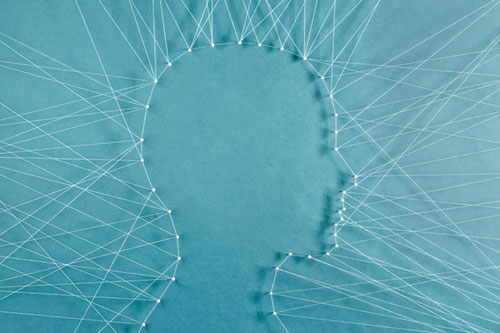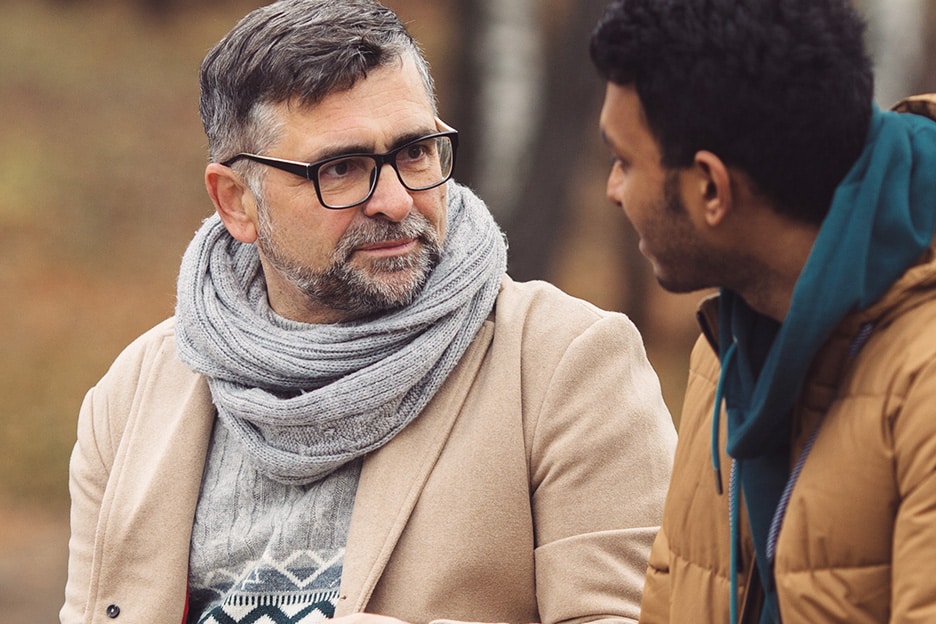Connect with nature
The power of nature connectedness
The natural world calls to us to reflect on its beauty, and wonder at the miracle of life – and when we do so it is intrinsically good for our mental and physical health. “Look deep into nature, and then you will understand everything better” said Albert Einstein. And we all know in our hearts he was right. Our innate need for meaning – a human given – is renewed whenever we step away from our everyday concerns into nature, particularly wide-open spaces – in parks, meadows, forests, mountains and the beaches of our wonderful coastline.
We instinctively know that everything is connected; we too are part of the natural world and will thrive in the right conditions if our innate needs are met. We love the seaside, rivers, streams and waterfalls – just being close to them makes it easier to see our lives in a bigger context, which is always good for us…
To be part of the natural world, to be sensitive to it and to be aware of your role in it, is hugely rewarding and personally fulfilling on many levels. Seeing your efforts make changes for the better, however small, gives a deep and abiding sense of purpose, which is beyond compare”
Jack Fleming, RSPB
Nature gave us resources to help us thrive
‘Human Givens’ is a practical, holistic and scientific approach focusing on what individuals need to live mentally healthy and fulfilling lives. Every single one of us is born with essential physical and emotional needs and, if we are born healthy, the innate resources to help us fulfil them. These innate needs have evolved over millions of years and are our common biological inheritance, whatever our circumstances or cultural background.
Nature provided us with a wealth of inbuilt resources to help us get our innate physical and emotional needs met.
The resources nature gave us to help us meet our needs include:
- The ability to develop complex long term memory, which enables us to add to our innate knowledge and learn
- The ability to build rapport, empathise and connect with others
- Imagination, which enables us to focus our attention away from our emotions, use language and problem solve more creatively and objectively
- Emotions and instincts
- A conscious, rational mind that can check out emotions, question, analyse and plan
- The ability to ‘know’ — that is, understand the world unconsciously through metaphorical pattern matching
- An observing self — that part of us that can step back, be more objective and be aware of itself as a unique centre of awareness, apart from intellect, emotion and conditioning
- A dreaming brain that preserves the integrity of our genetic inheritance every night by metaphorically defusing expectations held in the autonomic arousal system because they were not acted out the previous day.
When too many innate physical and emotional needs are not being met in the environment, or when our resources are used incorrectly, unwittingly or otherwise, we suffer considerable distress”
Ivan Tyrrell
A closer look at our innate resources
Developing and using our innate resources well is as integral to mental health as meeting our emotional needs – HG co-founder Ivan Tyrrell and Diploma tutor Carol Harper to explore them in more depth on this upcoming online course…




